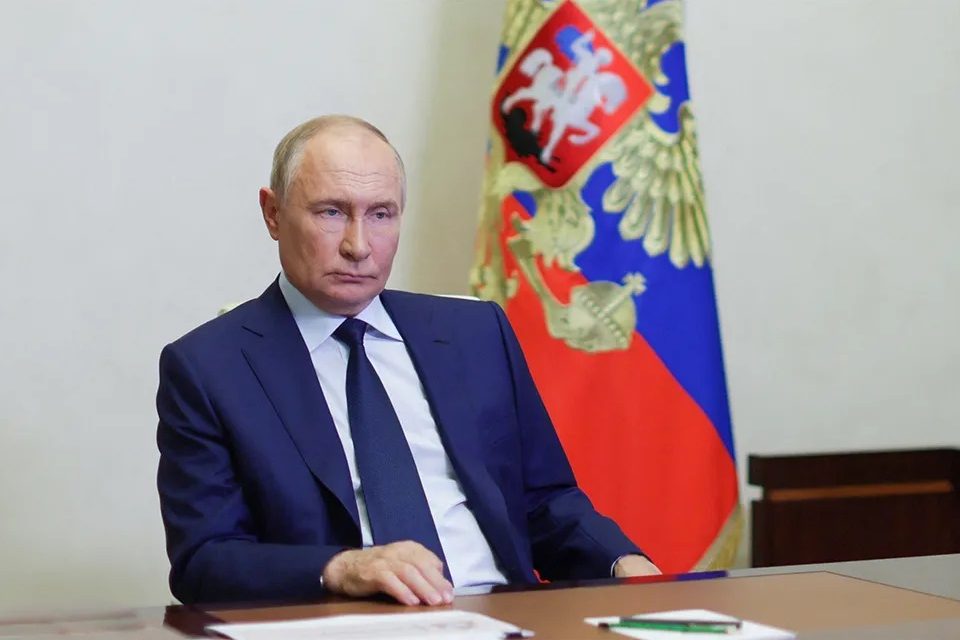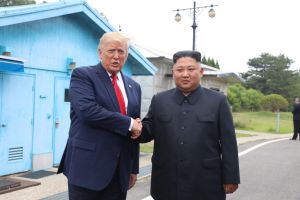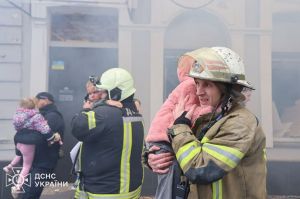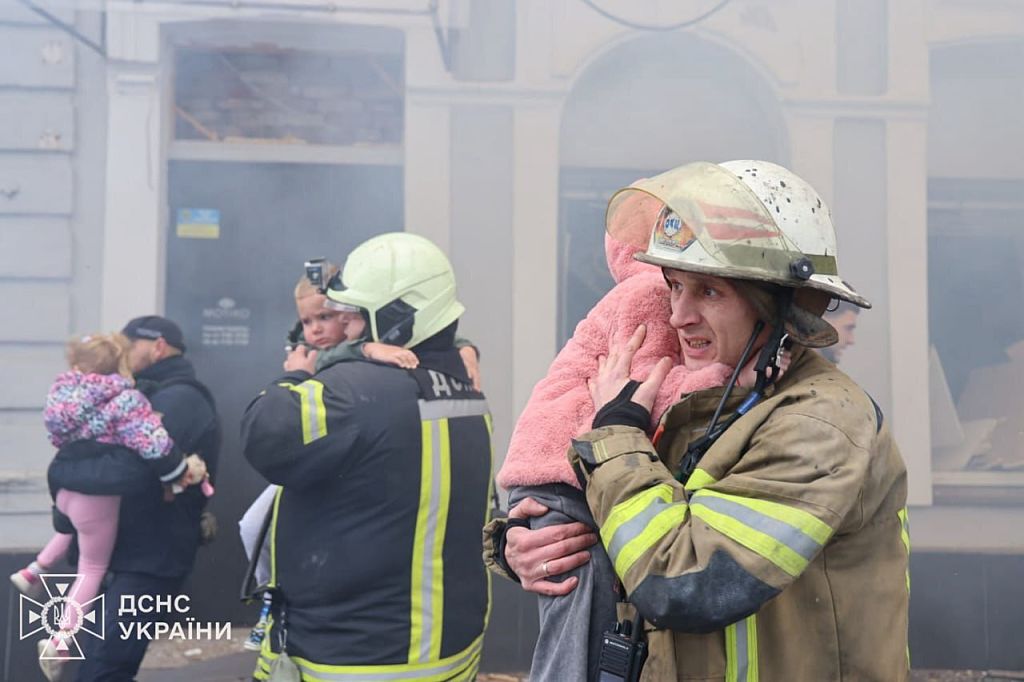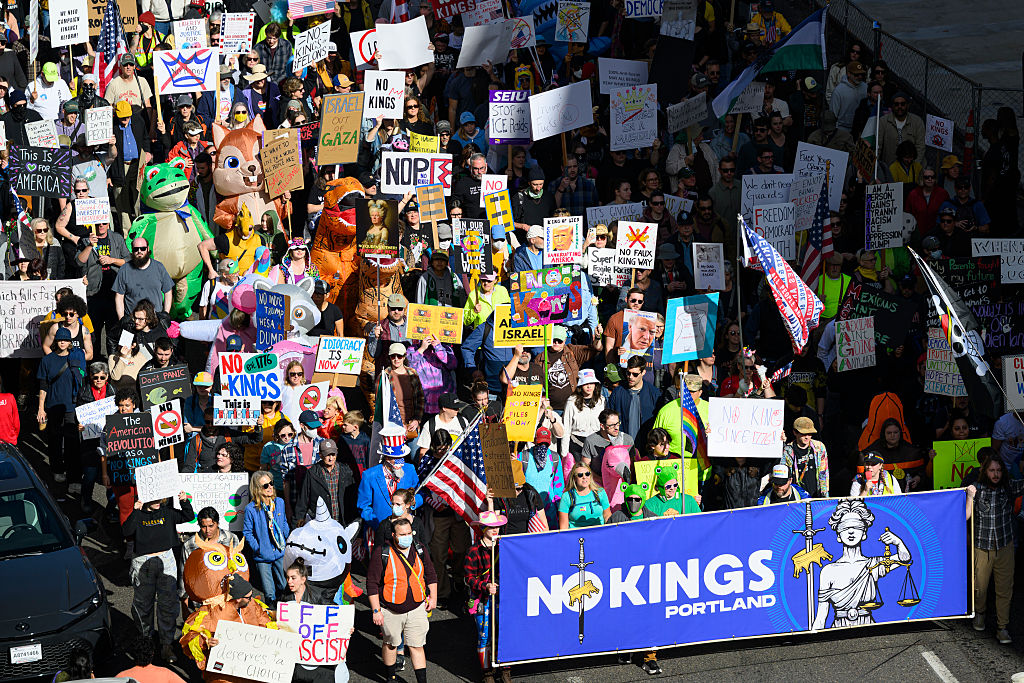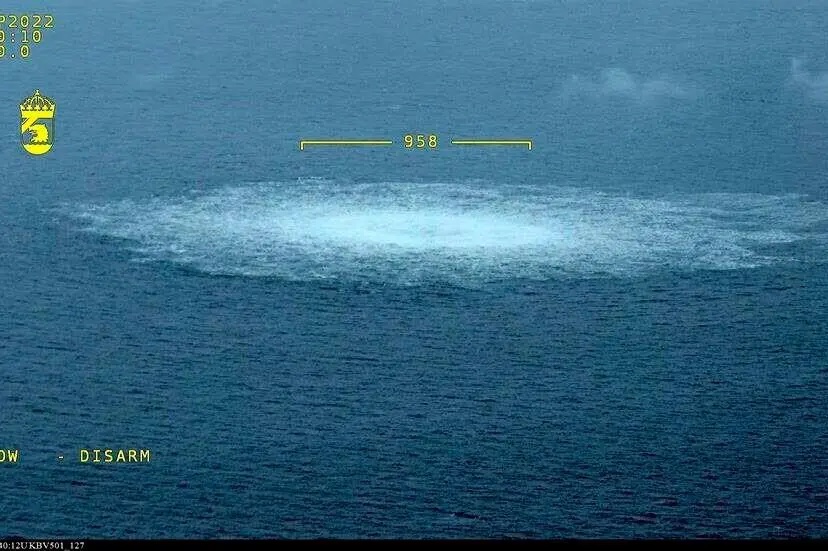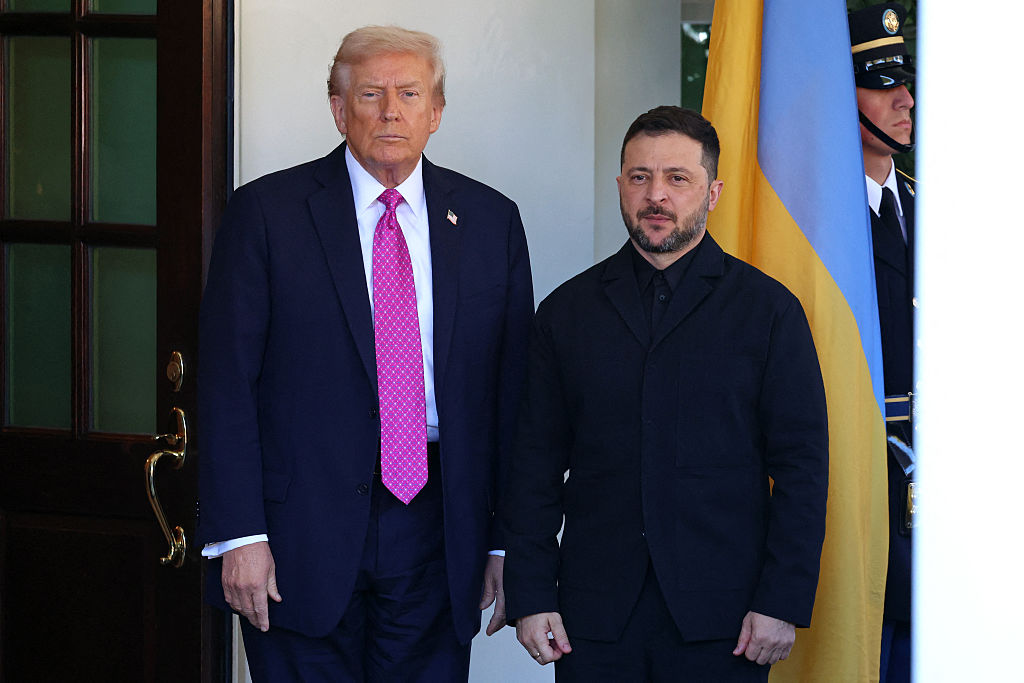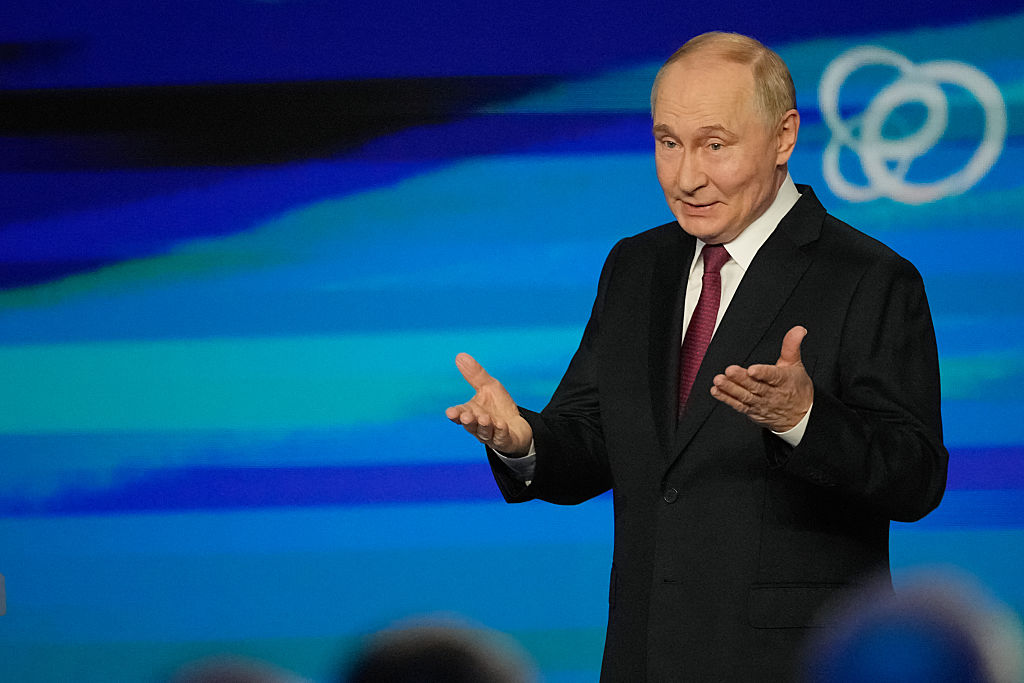A Russian friend speaking from Kursk tells me the latest war joke. Vladimir Putin summons Stalin’s ghost. “Comrade Stalin!” asks Putin. “German tanks are in Kursk again. I need your advice.” Stalin’s ghost ponders before answering. “Do what I did. Get hold of as much American military aid as you can, and make sure to send in the Ukrainians at the vanguard of your army.”
In 1943, the battle-scarred fields of Kursk were filled with troops of the Red Army’s First Ukrainian Front, riding American-supplied aircraft and tanks as they advanced westwards towards Berlin. Today, Ukrainian troops — some in German-supplied vehicles — are fighting Russians less than fifty miles from where my friend is. He chuckles at the bitter irony of his own wisecrack.
“There are thousands of refugees, they all come to the city administration for accommodation, for food tickets,” he tells me. “It’s pretty well organized and orderly. There are lots of local volunteers handing out aid. The evacuees are mostly afraid of looters. There are rumors of local gypsy gangs ransacking abandoned houses. Everyone’s waiting for our wonderful heroic army to come in and sort things out. Everything’s a fucking mess, of course. But otherwise pretty normal.”
My friend’s obscene Russian phrase that conveys disaster and normality proceeding simultaneously and in parallel — polny pizdets, no normalno — is as good a summary as any of the fallout of Ukraine’s incursion.
Kremlin-controlled media have made no effort to cover up the fact that Russia has been invaded for the first time since 1941, that twenty-eight settlements are occupied by Ukrainian forces and 180,000 people have been evacuated. Kommersant, Russia’s equivalent of the Financial Times, has carried extensive front-page reporting of the incursion, complete with strong and uncensored criticism of the local authorities and the army.
“I reckon there are no Zhukovs or Rokos-sovskys in the defense ministry today, only crazy corruption,” one old man tells Kommersant, referring to legendary World War Two Soviet marshals. “They put generals in jail every day, and ordinary people are left asking, ‘What were you thinking, going to war with people like that in charge?’”
An evacuee from near Sudzha, the biggest town occupied by the Ukrainians, adds: “We don’t get any information at all from the television and the local authorities — they tell us everything is under control and nothing unusual is happening. But my relatives in Ukraine call me and tell me that there are Ukrainian flags flying over Sudzha.”
It represents the biggest blow to Putin’s illusion of control since the Wagner mutiny last year
State TV has been filled with images of Russian regular troops flooding into Kursk and of Putin with his top securocrats directing what the Kremlin calls an “anti-terror operation.” In a telling sign of whom he truly trusts, Putin has appointed his old KGB crony Alexander Bortnikov — now head of the Federal Security Service (FSB) — to be in command of the operation, with his former bodyguard and rumored possible successor Alexei Dyumin in charge on the ground. The pushback against the Ukrainians is being spearheaded by the FSB, not the military. Volodymyr Zelensky, whose administration maintained impressive operational security and silence during the first week of the Kursk incursion, stated on Monday that Kyiv’s aim is to undermine Putin. “Kursk is Putin’s finale,” Zelensky said in his nightly televised address.
But is there a real chance the Kursk and Belgorod raids will shake the foundations of Putin’s leadership? Or could they, conversely, strengthen it? Russian television political talk shows have presented it as a NATO invasion, treacherously carried out during the Olympics, with Russia as the plucky underdog. “We can be absolutely sure of one thing — that this operation was not the initiative of Zelensky but of his western curators,” the firebrand TV propagandist Vladimir Solovyov told viewers last weekend. “All this talk of peace is ridiculous. We are being attacked on our own land by German tanks, American fighting vehicles and by mercenaries from all those countries. NATO has attacked us. And by our own military doctrine, our response must be very serious.”
Solovyov and his guests went on to talk about nuking Ukrainian cities and western capitals in a manner very familiar to his viewers. But there’s little doubt that a significant section of the Russian public has been persuaded by propagandists like Solovyov that the Kursk raid represents a significant escalation by NATO — and that, in turn, demands more violence and a renewed push to finally destroy Zelensky’s regime.
Putin used the Kursk raid as an excuse to dial back on the prospect of peace talks. “What kind of negotiations can we have with those who indiscriminately attack civilians and civilian infrastructure?” he said, taking his habitual tone-deafness to irony to new heights.
Beyond Solovyov blustering about nuclear war and Putin complaining about western aggression, there is evidence the incursion has changed the Kremlin’s political calculus. For starters, Kursk represents the biggest blow to Putin’s illusion of control since the Wagner mutiny last summer — as well as the biggest defeat at the hands of the Ukrainians since the loss of Kherson in September 2022. Kremlin watchers noted that Putin, unusually, read from notes during his recent TV appearances and seemed lost in thought.
Doubtless, given Russia’s vastly superior reserves of manpower and weapons, the Ukrainians will in time be driven from Kursk and Belgorod. But what if they strike again? Ukraine shares a 435-mile border with Russia with no natural barriers preventing a new breakthrough.
Putin may bluster that the invasion represents an unacceptable escalation that has diminished any prospect of peace. In truth, it’s a powerful argument for him to bring this conflict to an end as quickly as possible before the next military humiliation stretches his credibility as defender of his country once more.
This article was originally published in The Spectator’s UK magazine. Subscribe to the World edition here.



